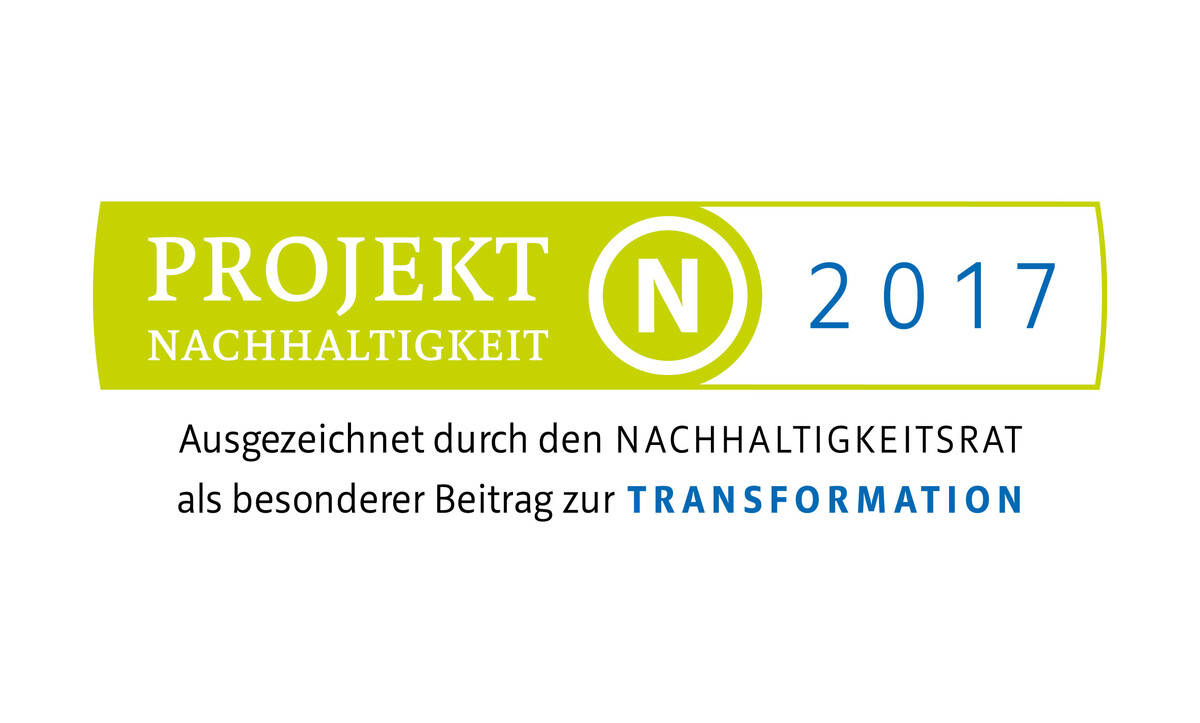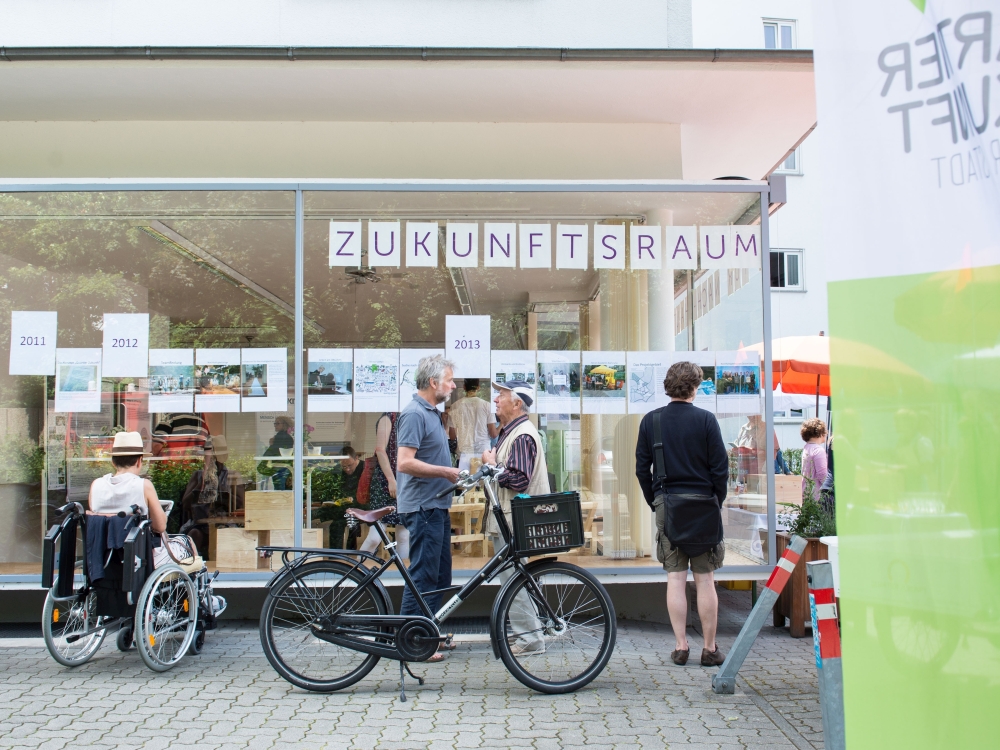Two awards for Karlsruhe’s Urban Transition Lab
“It is the responsibility of society as a whole to achieve the United Nation’s sustainable development goals”, says Marlehn Thieme, member of the jury and chairwoman of the German Council for Sustainable Development (RNE – Rat für Nachhaltige Entwicklung). The award-winning projects are great examples which show that everyone can contribute here.
With the “Project Sustainability” seal the RNE renders initiatives of society visible which are of special importance for the sustainable development of Germany and the world. Approximately 240 projects competed for the award in 2017, 67 initiatives – among them the “Urban Transition Lab 131” in Karlsruhe’s Oststadt – received the seal in February.
In addition, the RNE selected the ITAS-based project as one of four transformation projects. According to the jury, these are especially suited to make the world more sustainable.
Both awards strengthen the work towards more sustainability in urban life and the transdisciplinary and transformative approach of the Urban Transition Lab. The awards will be presented on 29 May 2017 at the RNE’s Annual Conference in Berlin.
About the Urban Transition Lab 131
Since 2015, the Karlsruhe Institute of Technology has been operating the “Urban Transition Lab 131” with a project team at ITAS to combine science, innovation, and urban development in co-operation with local actors in an interdisciplinary process. The Urban Transition Lab is located in Karlsruhe’s Oststadt. Scientists work there together with local actors in several transdisciplinary projects, the so-called “SustainabilityExperiments”. Subjects are, among others, public spaces where people can meet and move, a concept for sustainable mobility, and alternative consumption scenarios like ReparaturCafés or clothes swapping parties and plant exchange schemes.
The common element is the “Future Space for Sustainability and Science”, a science shop right in the middle of the project area. (13.03.2017)
Further links
- Press release of the German Council for Sustainable Development
- Blog post of District Future
- Further information on the Urban Transition Lab



